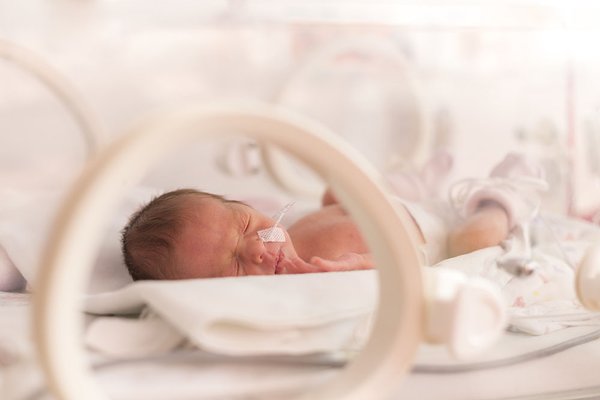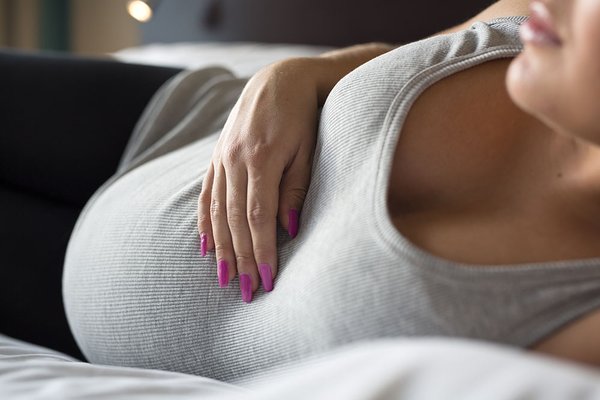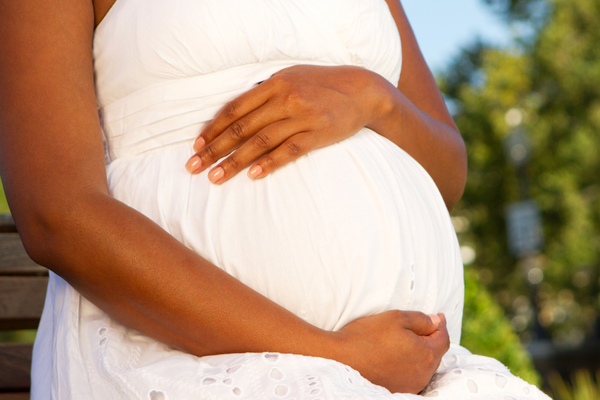Health information
Our easy-to-understand information explains symptoms and conditions that affect lots of women.
If you are worried or need medical advice, please speak to your doctor, midwife or healthcare professional.
Use the buttons below to filter by category.

What is miscarriage?
Pregnancy & birth

What is premature birth?
Pregnancy & birth

What is a perinatal mental health problem?
Pregnancy & birth

What is an ectopic pregnancy?
Pregnancy & birth

What is urinary incontinence?
Incontinence

What is the menopause?
Perimenopause & menopause

What is vulval cancer?
Gynaecological cancers

9 PMDD mythbusters
Periods & menstrual health

Top tips for managing periods as a teenager
Periods & menstrual health

Who can I trust when learning about my period?
Periods & menstrual health

What is a menstrual cycle?
Periods & menstrual health

15 period mythbusters
Periods & menstrual health

What is infertility?
Fertility

What is pre-eclampsia?
Pregnancy & birth

What is irregular bleeding?
Periods & menstrual health

Your rights at work when you have painful or heavy periods
Periods & menstrual health

What to do if you're feeling dismissed by your healthcare professional
Periods & menstrual health

How to prepare for your doctor’s appointment
Periods & menstrual health
There are no health information pages.